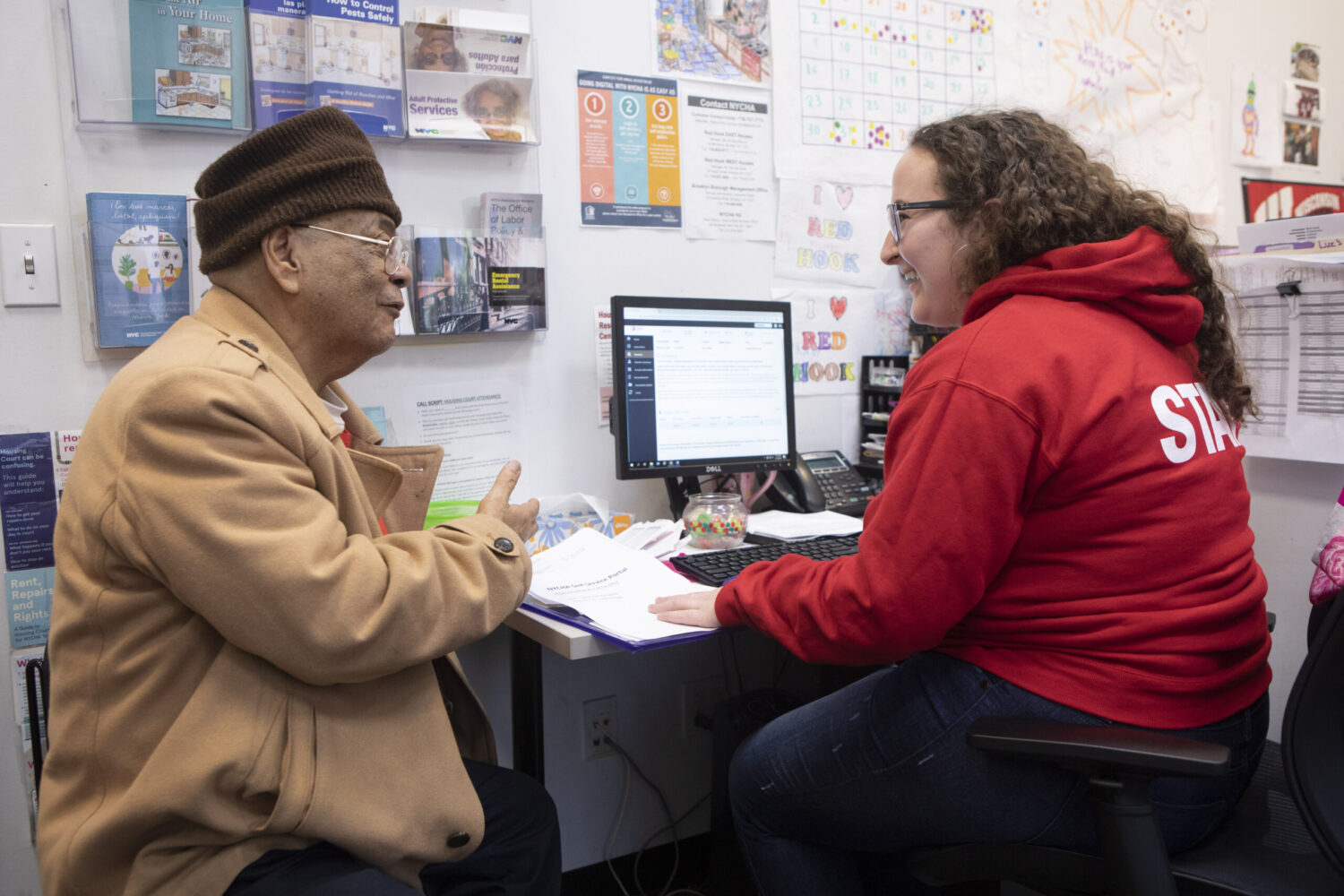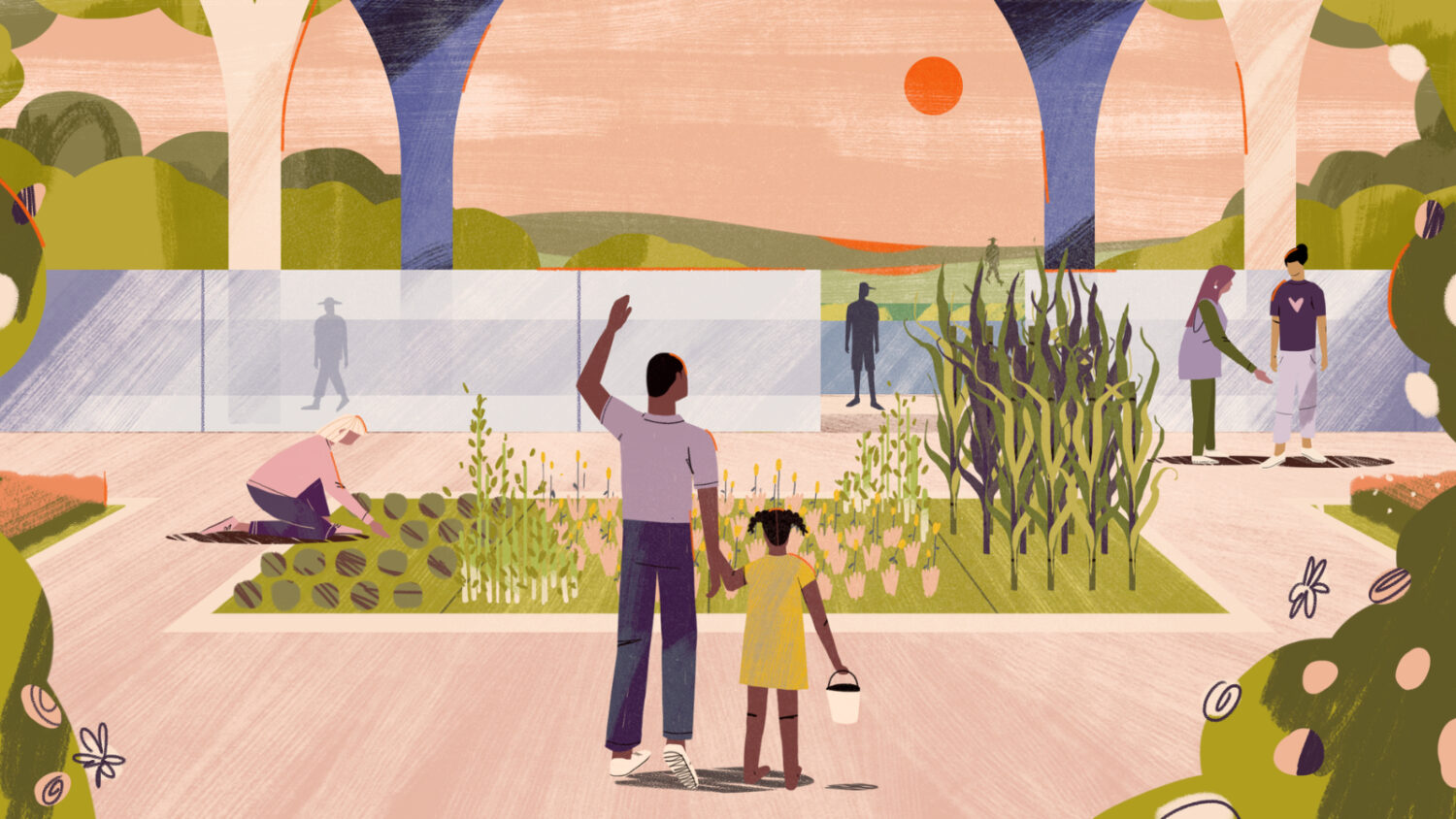The Center for Justice Innovation is a community justice organization that centers safety and racial justice in partnership with communities, courts, and the people most impacted.
Who We Are
We are attorneys, social workers, community organizers, researchers, urban planners, trainers, mentors, and people with lived experience in the justice system, all united by a common mission: to reimagine justice and build safe communities.
What is the Center for Justice Innovation?
Watch this video to see our mission, work, and impact.
Our Work
We are dedicated to building Community Justice in three primary ways:
- We work with communities to identify local challenges and create and operate innovative programs to address those challenges, inside and outside the courts.
- We conduct and analyze field-leading research to truly understand issues, opportunities, and solutions.
- We share what we learn with justice systems, governments, and communities to seed justice across the country and beyond.
As an organization that works closely with both courts and communities, we’re uniquely positioned to bridge the gap between them, fostering communication, understanding, and trust.
Whether we’re helping to build stronger futures for people in the justice system, training community members as researchers in charge of their own stories, or working to ensure everyone can live in a truly safe neighborhood, we are driven by the belief that communities are crucial to transforming justice.
That’s why, when tackling a challenge or implementing a new idea, we bring together residents, local business owners, legal system practitioners, social service providers, and people who have been impacted by the system.
Through our field-leading research, we are able to better understand the challenges facing communities—and whether efforts to address those challenges are actually effective.
That has been our approach since our founding in 1996 as the Center for Court Innovation, which grew from a cutting-edge community court in Midtown Manhattan (now called the Midtown Community Justice Center) as the independent research and development arm of the New York State Unified Court System.
As we have continued to partner with the court system to transform safety and justice across New York City, we have grown to nearly 1,000 employees and worked with hundreds of jurisdictions—big and small, urban and rural—in every state in the nation.
Our “Community Justice” vision took shape as we co-created solutions with community members and systems, developing fair, effective, and equitable approaches that reduce crime and incarceration, boost trust in government, and build safe, strong, just communities.
Are you looking for the London-based Centre for Justice Innovation? Visit their website.

